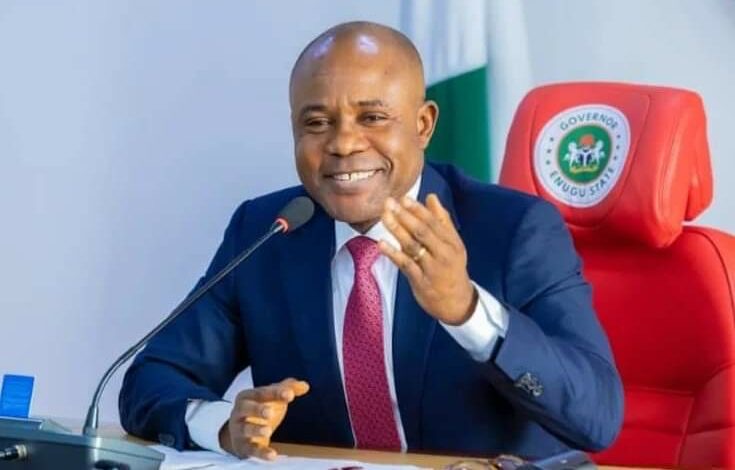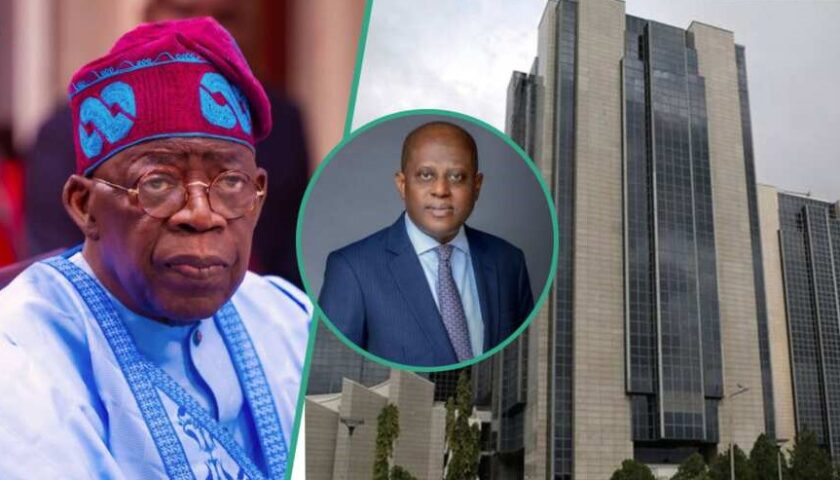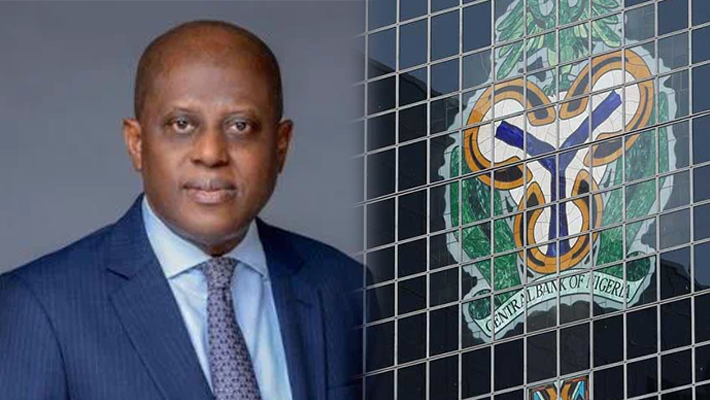…Determined ‘To Get The Future Right, Get Education Right’
It is not for nothing that Peter Mbah, the forward-thinking and futuristic governor of Enugu State, is making bold moves to implant his paradigmatic approach to business as a private citizen, into the modus operandi of governance in his state. Strange yet impactful, Governor Mbah’s first steps as the chief executive of Enugu State have signposted him as one interested in and, therefore, committed to lifting the state out of the doldrums.
Derisively described as a civil servants’ state, Enugu, as it had been known, wore the sombre looks of a dingy landscape begging for socio-political and economic emancipation because of its once rich history as the capital of Southeast Nigeria. Therefore, even within his first year in office, Governor Mbah has stamped his imprimatur of seriousness on the state.
First, he made it clear that the psychological masturbatory pleasure derived from the Monday sit-at-home in the entire Southeast geo-political zone was not only wasteful but also destructive to economic growth. He put a stop to it.
Whereas he had made a campaign commitment to ensure that within his first six months in office, he would fix the water problem in Enugu city, he achieved this as promised. According to him, “If indeed, water is life, Ndi Enugu had lived their lives without water, for years.
They are probably one of the few species of beings who possess the ruggedness to live a life devoid of life. As an administration, we were poised to bring life back to our people. No one needed to sermonize to us on the centrality of water to our people’s existence.
Thus, all we planned to achieve as an administration was woven around this central theme of the restoration of life where our people were living suboptimal lives that lacked the life that water brings. Water, to us as a government, was both literal and figurative…. We have recently launched the ultramodern water scheme at Ninth Mile which has a daily production capacity of 70 million cubic meters (70,000,000m3) of clean water, combined with the production of 50 million cubic litres from Oji River.
This gives a total volume of 120 million cubic meters per day as against less than 2,000,000m3 we met on resumption of office. This achievement disrupts over two decades of water scarcity in Enugu urban, and also fulfils our promise to Ndi Enugu to provide Enugu urban residents with water within 180 days.”
Signature projects of immediate impact are good and desirable, but Governor Mbah has moved to the realm of looking ahead. He believes education – and quality education at that – is the future of any society and he is going ahead to demonstrate that in speech and deed.
In a media report, the United Nations Education, Scientific and Cultural Organisation, UNESCO, in its Education For All, EFA, paper tagged “a Dakar framework for action, called for a significant increase in financial commitment by national governments and donors to the education sector to accelerate progress toward the EFA goals.
According to the document, the Dakar framework recommended governments to take the lead in increasing financial commitments to EFA, with the EFA high-level steering committee proposing that 15 per cent to 20 per cent of annual budgets be earmarked for education”.
The media report was in the wake of a controversy raised by former Education Minister, Mallam Adamu Adamu, on whether UNESCO had recommended a threshold allocation of 25%/ 26% budgetary provision to education. For Mbah, the best way to tackle the challenges of the future is through education. That is why he has allocated 33% of his 2024 budget to education, the highest ever by any state government in Nigeria or even by the Federal Government of Nigeria. He plans to build smart schools that would serve multi-dimensional purposes and yield multi-dimensional output and outcomes.
In his words, “As I mentioned earlier, education is a key plank in our strategy to eradicate poverty in our state. Consequently, ?134,587,982,647.78, representing 73.6% of the social sector has been earmarked to help reinvent education in our state by developing the new Smart schools which I mentioned earlier as well as repositioning our senior secondary and tertiary institutions by training and retraining teachers and updating our curricula across all levels of education to infuse technology and technology appreciation and skills. This capital expenditure on education combined with the planned recurrent expenditure in the sector will bring our total spending on education to 33% of the total budget.
“The 2024-2026 Multi-Year Budget is named Budget of Disruptive Economic Growth. This is because it is structured to drive growth in a markedly different pattern than we had attempted to do hitherto. This departure from the usual is most apparent in two main areas.
First, our approach to basic education where we are bringing into effect our cut-off program through the development of the 260 model schools to which I had earlier alluded. These schools are unique, not only in the fact that they will house the entire basic school classes from creche to JS3 but also in terms of the significant changes we are making to the curriculum of the children, where we will be infusing new subject areas like Technology, Robotics, Artificial Intelligence, to mention but three.
In addition, the approach to teaching in these schools will be experiential, with extensive use of practicals, examples, dramatization, gamification, and so on. This naturally requires extensive re-training of our teachers to enable them to grasp these new learning approaches as well as the various technology-based teaching and learning tools which we shall deploy examples of which are tablets, interactive whiteboards, learning management systems, etc.
Beyond the ‘hard’ elements of learning, we will also infuse many ‘softer’ elements such as ethics, morals, critical thinking, and hygiene to prepare our children to become the leaders we need tomorrow”. The governor is making giant strides in other areas like the health, agriculture, and industrial sectors. That is why he is worthy to be a Good Governance Awardee.
Source: Vanguard





